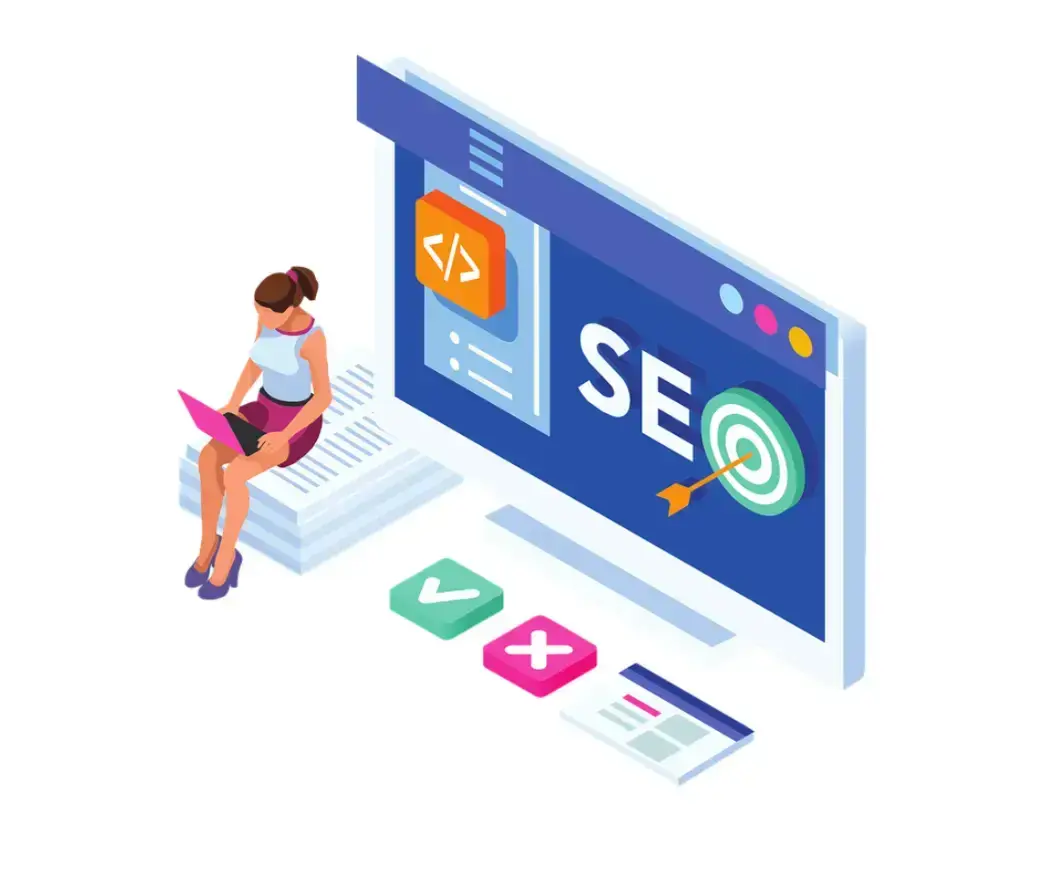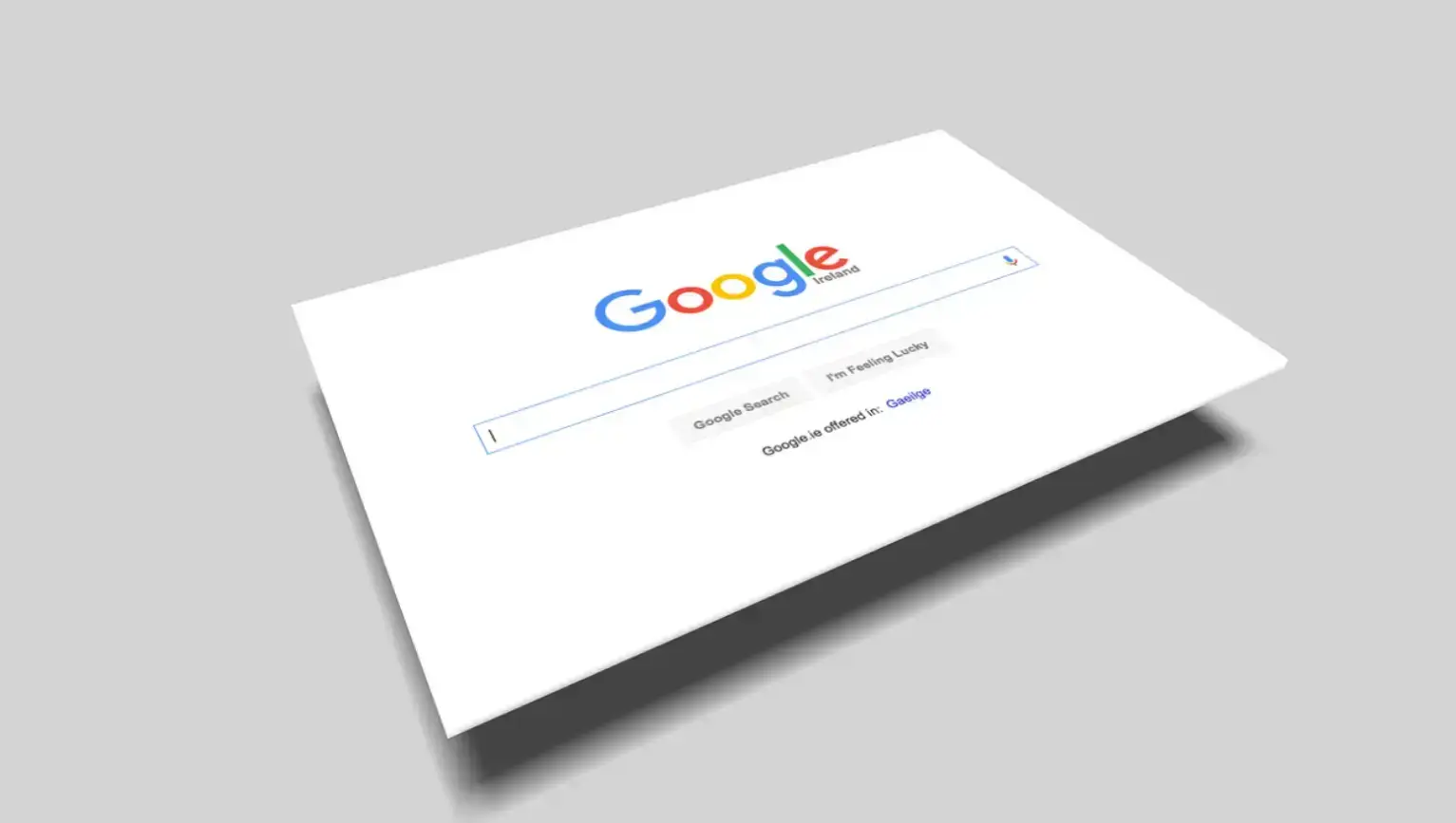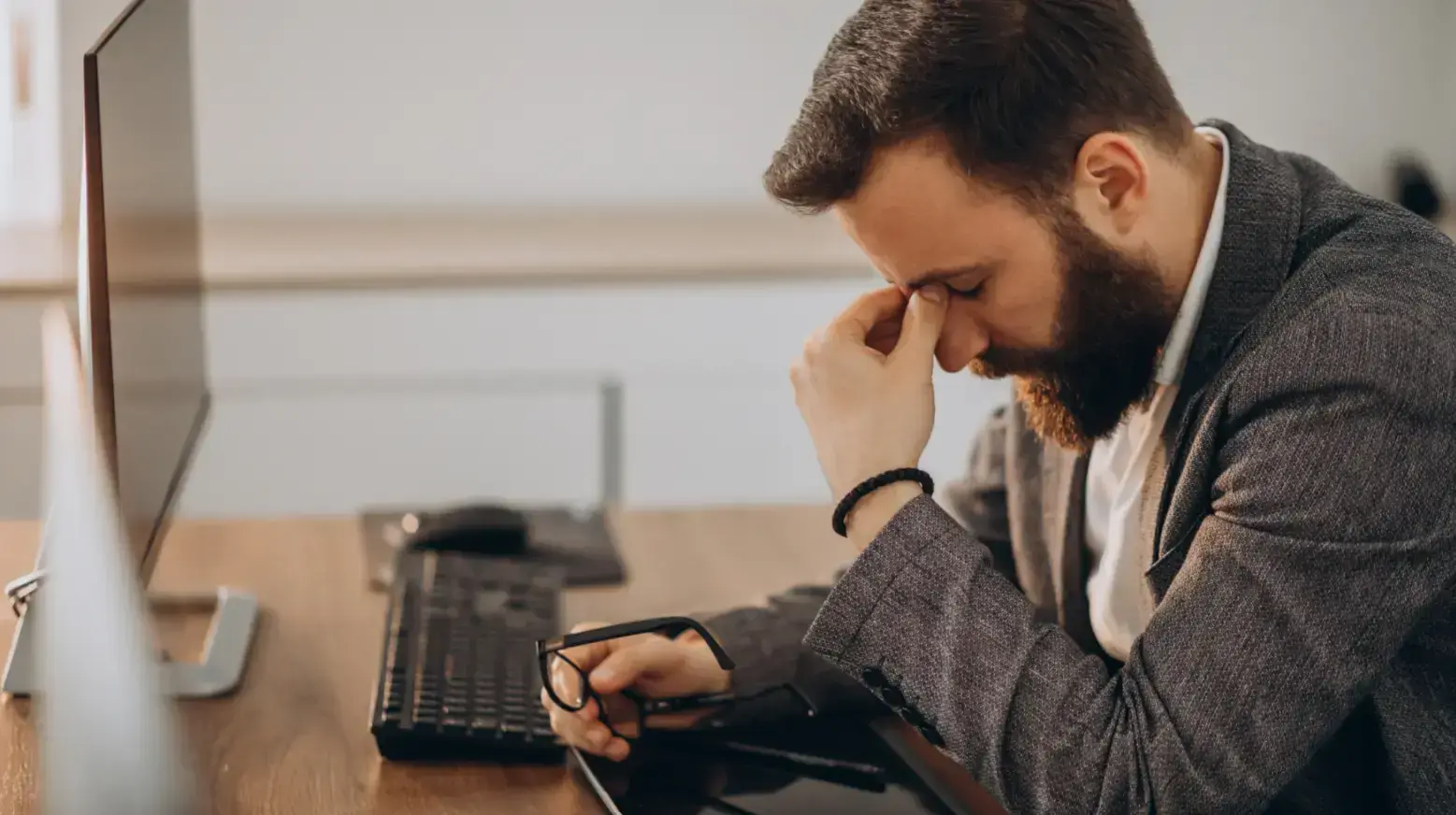SEO, or search engine optimization, today is different from SEO years ago. Gone are the days of keyword stuffing. Today, doing the same keyword stuffing could even hurt your website.
In addition, Google releases several updates every few months, and some websites that were ranking well before them are now struggling.
The truth is, SEO really matters if you want people to find your site through Google. Your website’s discoverability can make or break it.
If SERPs can’t see you, how would your target market reach you? But here's the tricky part - many businesses are making SEO mistakes without even realizing it, and it's hurting how well their sites show up in search results.

Source: Pixabay
1. Neglecting Keyword Research and Tracking
One of the fundamental mistakes businesses make is failing to conduct thorough keyword research or track their ranking performance. Without proper keyword analysis, businesses operate essentially in the dark.
Modern rank tracking tools like umbrellum.com have revolutionized how businesses monitor their search performance.
Beyond basic position tracking, these platforms provide crucial insights into SERP features, competitor movements, and scroll depth analysis, helping you understand not just where you rank but also how visible your content is to users.
Using a reliable rank tracker helps you:
- Identify keywords where you're losing ground to competitors
- Discover new ranking opportunities
- Track Google ranking changes after content updates
- Measure the success of your SEO efforts
2. Poor Content Quality and Optimization
Content remains king in SEO, but many websites struggle with quality and optimization issues. Publishing thin, duplicate, or poorly researched content can significantly harm your search rankings.
Common content mistakes include:
- Publishing content shorter than 300 words
- Failing to include relevant keywords naturally
- Not optimizing headers and meta descriptions
- Ignoring internal linking opportunities
- Duplicating content across multiple pages

Source: Pixabay
3. Technical SEO Oversights
The numbers don't lie - over 80% of marketers say SEO actually works for them.
But here's where things get interesting: technical SEO is like the plumbing of your website. You don't see it, but if it's not working right, you've got problems.
Many businesses invest time and money in improving their websites' visuals and user experience, but they completely overlook the behind-the-scenes matters that search engines care about.
Critical technical issues to address:
- Slow page loading speed (aim for under 3 seconds)
- Missing or poorly implemented XML sitemaps
- Broken internal and external links
- Incorrect robots.txt configuration
- Non-secure website (missing HTTPS)
4. Mobile Optimization Failures
More than half of all Google searches happen on phones these days.
Google first considers how your site works on phones when deciding how to rank it. They want to show people websites that work well and are helpful to them on the device they're using.
Poor mobile optimization can lead to:
- Higher bounce rates
- Reduced time on site
- Lower conversion rates
- Decreased search rankings
5. Ignoring Local SEO
Think about the last time you needed a quick bite or had to find a dentist - bet you pulled out your phone and typed something like "pizza near me" or "dentist in Chicago."
That's local SEO in action, and it's very important to consider. Many small businesses missed out because they ignored local SEO.
Essential local SEO elements:
- Claiming and optimizing Google Business Profile
- Ensuring NAP (Name, Address, Phone) consistency across platforms
- Gathering authentic customer reviews
- Creating location-specific content
- Building local backlinks

Source: Pixabay
6. Backlink Profile Issues
Backlinks used to be one of the top signals for Google to find your website. The census is that if many websites link to your site, it must be good. However, over time, many people have used this.
Common link building mistakes:
- Purchasing low-quality links
- Ignoring toxic backlinks
- Not disavowing harmful links
- Failing to earn natural, authoritative backlinks
- Using exact-match anchor text too frequently
7. Poor User Experience (UX)
Search engines increasingly consider user experience signals when determining rankings. Websites that provide poor UX often struggle to maintain good search positions.
Focus on improving:
- Site navigation and structure
- Content readability and formatting
- Page load times
- Mobile responsiveness
- Interactive elements

Source: Pixabay
The Path to Better SEO Performance
You can avoid these common mistakes, but it doesn’t happen overnight. It takes a long commitment, tactical strategies, and regular monitoring.
Use a ranking tracker to start your audit and monitoring. The search results will update you on your current position, helping you identify what you need to do.
Ranking dropped? You’ll have to action on it. Bring out your data and analysis on potential issues. If your ranking goes up, it means you did something right.
You should then replicate it on your other pages. Websites that implement accessibility solutions experience an average 12% increase in organic search traffic.
FAQs
1. How can I check if my website has SEO issues?
The best way to check if your website has issues is by using SEO audit tools.
They analyze potential problems and then present you with an in-depth analysis that you can quickly act on. You can also use Google Search Console for key insights to start with.
2. How often should I track my website's rankings?
If your website's ranking is stable, you can track it monthly. If you launched campaigns or made changes, try bi-weekly. If your website experiences high fluctuations or competition, tracking it weekly is best.
Finally, daily tracking is ideal if you recently experienced a penalty and you’re working to fix it. It’s also recommended if Google recently launched an algorithm update.
3. Does social media affect SEO rankings?
No, social media doesn’t directly impact SEO rankings. However, it can influence them. Sharing a link to your website on social media can drive more traffic to it, improving its visibility.
4. How long does it take to fix SEO mistakes?
Some issues take longer to solve, while others can be fixed fast.
Factors that can extend the time it takes to fix your website are its size, the complexity of the issue, the timing of content and algorithm updates, and your access to technical expertise.
5. What's the most critical SEO mistake to fix first?
One of the most important things to fix is website security. Next, if Google can’t crawl your website, third is your website’s loading speed, especially if it’s slow or can’t be indexed.
Final Thoughts
It’s hard to go five minutes into digital marketing without someone dropping the latest algorithm update.
While SEO requirements change constantly, success depends on three things: monitoring your site's performance, creating content people want to read, and nailing the technical parts.
When you hit that sweet spot between making search engines and real people happy, you will see results in your website’s traffic.
Author Bio
Julie Fitzgerald is a seasoned writer with expertise in business, digital marketing, and the latest tech innovations. With a strong background in analyzing and reporting on emerging technologies, Julie provides insightful commentary on how digital transformation is reshaping industries. She is passionate about exploring the intersection of technology and business, helping readers understand how innovations can drive success. When she’s not writing, Julie stays informed on the latest trends and shares her knowledge through articles that bridge the gap between complex tech concepts and practical business applications.



